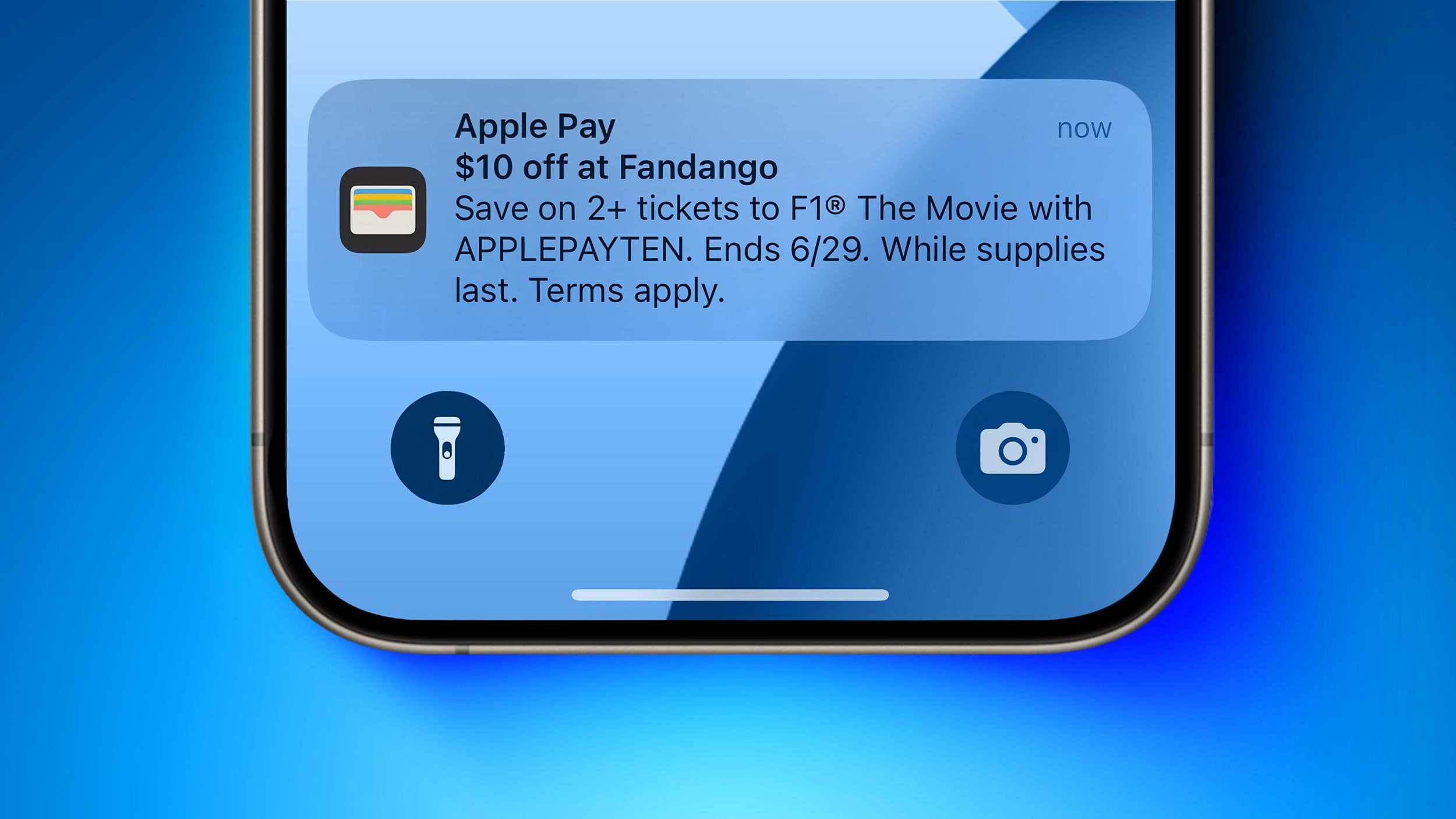Apple recently caused some buzz, some good, some uncomfortable, by advertising its A-list-studded “F1: The Movie” through digital wallet alerts. The promotion serves to highlight Apple’s substantial investment, but also raises issues about privacy and brand limits.
A Daring Promotion
To augment the movie’s premiere, Apple pushed Wallet alerts, providing customers with a $10 discount on two or more Fandango tickets. This promotion, served through the Wallet app, looks like it’s a financial notice, an aggressive fusion of advertising and functionality.

Why Wallet?
Apple co-produced the movie, spending nearly $250 million on the fast‑paced big‑screen action film with Brad Pitt and directed by Lewis Hamilton. Marketing the film through an Apple ecosystem platform drives box office sales and alignment with its tech offerings, including Apple Pay.
Most consumers resisted robustly. They want Wallet to be ad-free and perceive it as a safe zone for financial and travel information. The decision renewed backlash similar to the U2 album incident in 2014, in which Apple forced music onto users without permission. Critics now say Apple has crossed a line again.
What’s at Stake?
Tech policy observers note Apple broke its own App Store guidelines. The firm mandates opt‑in consent and an opt‑out option for marketing push notifications—neither was implemented here.
Users complained about privacy and control, considering they can’t simply turn off such marketing on the latest iOS version.
Apple’s Response
Apple’s upcoming iOS 26 update adds a new toggle in Wallet’s settings to turn off “Offers & Promotions.” The feature comes amid controversy, hinting that Apple expected public concern. Those on the beta can already turn it off.
For Apple, the strategy makes sense. By promoting the Wallet, Wallet = commerce channel, Apple emphasises Apple Pay, Fandango promotions, and F1—an ideal synergy. Nevertheless, analysts caution Apple will need to tread this strategy delicately.
It risks undermining the confidence it’s built up over decades.

What are Users Saying
Consumers filled online forums and social media sites with complaints. One Redditor posted: “I didn’t spend more than $1000 on an iPhone just to be advertised at.” Another believed Apple “abused” access by taking private utility for advertising. They point to a deeper conflict: user‑agency respecting vs. free‑wheeling ecosystem advertising.
Apple’s Wallet tie-in promotion of “F1: The Movie” marks a new page in its marketing playbook. It expresses the company’s faith in digital synergies. But it also pushes the boundaries of user trust.
The upcoming iOS 26 toggle might be a welcome solution. Nevertheless, Apple will have to walk on a thin line—softening the distinction between utility and advertisement might not be liked by everyone.
Stay tuned to Brandsynario for latest news and updates



































